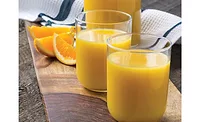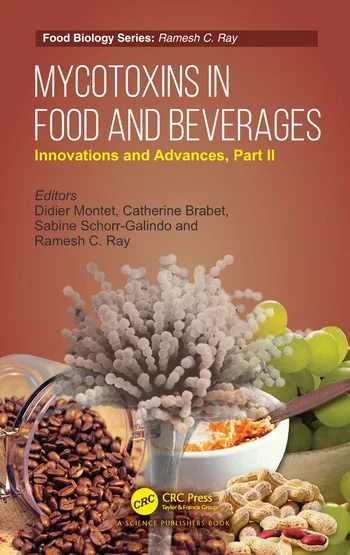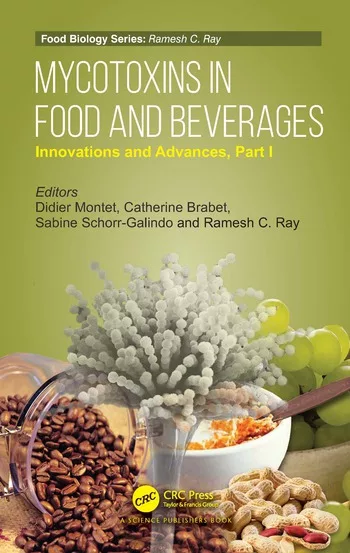Beverage R&D
Vitamins, minerals play starring role in functional beverages
Beverage-makers turn to vitamins, minerals to meet consumer need states

Image courtesy of Getty Images
First published in London by Chapman & Hall in 1843 and illustrated by John Leech, the novella by Charles Dickens, commonly known as “A Christmas Carol” recounts the story of Ebenezer Scrooge, an elderly miser who is visited by the ghost of his former business partner, Jacob Marley, and the spirits of Christmas Past, Present and Future. After their visits, Scrooge experiences an “awakening,” transforming into a kinder, gentler man.
When it comes to real world transformations, we saw the COVID-19 pandemic illuminate consumer interest in vitamins and minerals. Experts note that more of today’s consumers are awakening to “better-for-you” (BFY) beverage trends as they continue to seek drinks that provide fortification.
“The pandemic reignited the awareness of many tried and true vitamins and minerals like vitamin D, vitamin C and zinc,” says Angel Aponte, senior account executive at City of Industry, Calif.-based AIDP Inc. “There was an awakening for many consumers regarding the immunity benefits of vitamins like K2. Beverage manufacturers are keen to capitalize on these trends.”
Max Maxwell, manager for market intelligence at Chicago-based Glanbia Nutritionals, echoes similar sentiments, noting that as today’s consumers want more from their beverages than just refreshment, many are turning to fortified beverages that support health and wellness.
“BFY beverage trends translate to more interest in vitamin and mineral fortification ranging from many of the alphabet vitamins like B, C and D to support immune health and overall better preventive approaches to well-being,” he says.
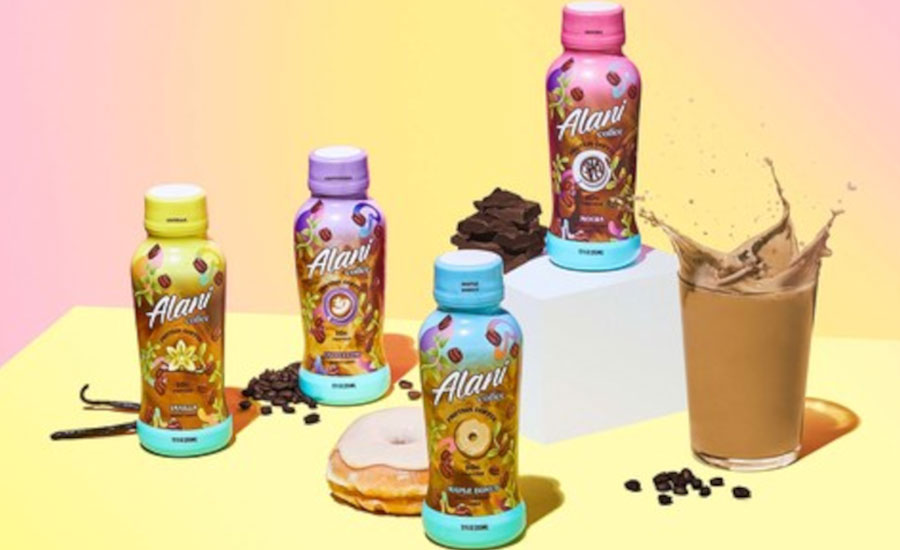
Image courtesy of Alani Nu
Micah Greenhill, marketing director for beverage and meat alternatives at ADM, Chicago, notes that many consumers are turning to convenient solutions they can easily incorporate into their daily routines — looking beyond traditional tablets and capsules for vitamins and minerals.
“With that, beverages are continually the preferred format for functional ingredients,” he says. “In fact, 89% of global consumers say that they prefer products in functional food and drink formats. Formats ranging from sparkling waters to ready-to-drink (RTD) teas, drinkable yogurts, smoothies and energy drinks provide consumers with convenience, optionality and delightful sensory experiences.”
Supplements for targeted support
As BFY beverage trends continue to rise, experts note that consumers not only are looking for drinks that support well-being, but also ones fortified with specific vitamins and minerals that help meet various need states.
Meanwhile, products supporting immune function continue to remain a top priority among global consumers, ADM’s Greenhill notes.
“For instance, global consumers ranked immune function (66%) and digestive health (56%) as two key areas of wellness they’d like to improve upon over the next 12 months. Beverages that support these wellness attributes are trending,” Greenhill says. “In the U.S., of the 87% of consumers who are interested in products with ingredients that may support immune function, 78% are specifically interested in vitamin C, 76% in vitamin A and 65% in vitamin D4.
“We help beverage brands meet this increasing desire through our vast health and wellness portfolio,” he continues. “For instance, consumers associate our botanical extracts, such as acerola, beetroot and yerba mate with vitamins and minerals that may have trending wellness attributes that help elevate beverages. Moreover, consumers also tend to connect vitamin E to immune function support, and our natural vitamin E can be easily incorporated into beverages for added appeal.”
Another big trend is the growing demand for hybrid products that deliver multiple benefits, says John Quilter, vice president of global portfolio, ProActive Health at Kerry, Beloit, Wis.
“One of the great strengths of vitamins and minerals is the fact that they’re familiar to consumers, but there’s scope to innovate by combining them with ingredients with a more ‘up-and-coming’ positioning,” he explains. “These might include plant extracts with antioxidant benefits.
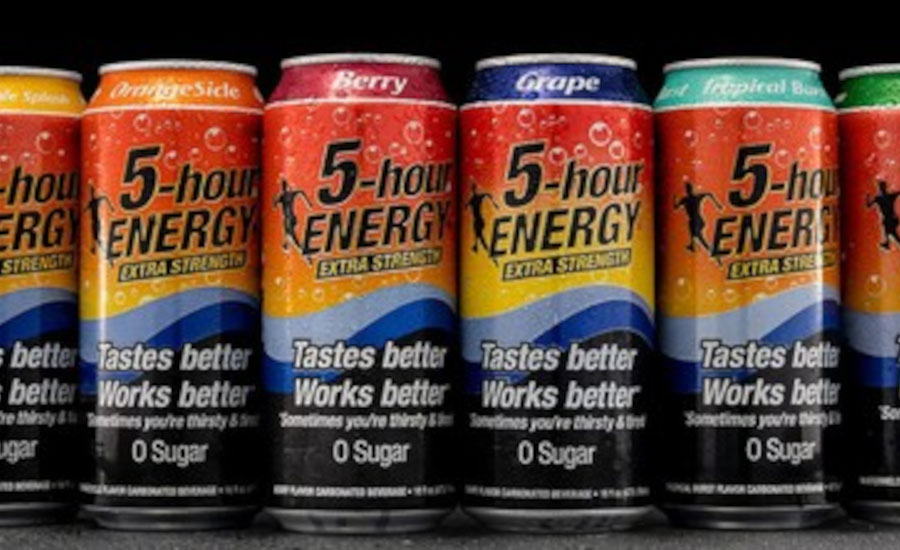
Image courtesy of 5-hour ENERGY
“For example, product launches with functional botanicals such as ashwagandha increased by almost 100% between 2018 and 2020. Probiotics can also be a great partner for vitamins,” Quilter continues. “Spore-forming strains, such as BC30, are ideal for beverages because of their resilience to extremes of temperature and pH.”
Moreover, as consumers’ awareness of the link between gut health and overall well-being is growing, gut microbiome-supporting solutions serve as an accompaniment to fortified beverages, ADM’s Greenhill notes.
“Demand for gut microbiome-supporting solutions is complementing added vitamins and minerals in functional beverages, as consumers seek out targeted support,” he says. “We’re continually identifying new microbial strains that can support this rising consumer demand.”
Philippe Caillat, global marketing director at Gnosis by Lesaffre, Lille, France, points to more and more active consumers learning how critical vitamin K2 is in promoting their health and longevity.
“Everyone should be taking bone-support supplements as our bones deteriorate with our age no matter who we are,” Caillat says. “Our bones are constantly renewed, which is essential to maintaining mechanical and metabolic functions. However, with age, the activity of these essential functions diminishes, subjecting us to bone-related disabling pathologies.
“At Gnosis by Lesaffre, we strongly believe in the potential of vitamin K2, and we’re committed to accelerating the research and demonstration of vitamin K2’s health benefits,” he continues. “Through our brands MenaQ7 and vitaMK7, we offer science-based differentiation levers for the benefit of our partners and customers, as well as educated consumers. Vitamin K2’s benefits for bone and heart health are already well known, but more exciting breakthroughs are still being investigated, such as lung and immune health.”
Overcoming formulation challenges
As many ingredients can affect solubility, stability and sensory qualities in beverages, experts highlight the various challenges when adding vitamins and minerals to formulations.
“An enjoyable sensory experience is key for any purchase, but especially when consumers are considering new functional products,” says Jessica Kidwell, vice president of CD&D Beverage at ADM. “However, added vitamins and minerals can affect the overall taste and texture in beverage applications, impacting the sensory experience and creating formulation challenges.
“For example, some plant proteins, botanicals, as well as vitamins and minerals, may have inherent off notes that can alter beverages’ color, viscosity, flavor and mouthfeel,” Kidwell continues. “Multi-functional beverages that include different ingredients interacting with one another may also have issues with separation, ringing, flocculation or sedimentation. We help beverage developers solve these challenges using our extensive flavor portfolio and taste modulation capabilities to help mask undesirable notes, while also bringing in consumer-preferred taste and mouthfeel qualities.”
Whereas adding minerals to formulations might present taste challenges, “stability is a big challenge for vitamins,” AIDP’s Aponte says.
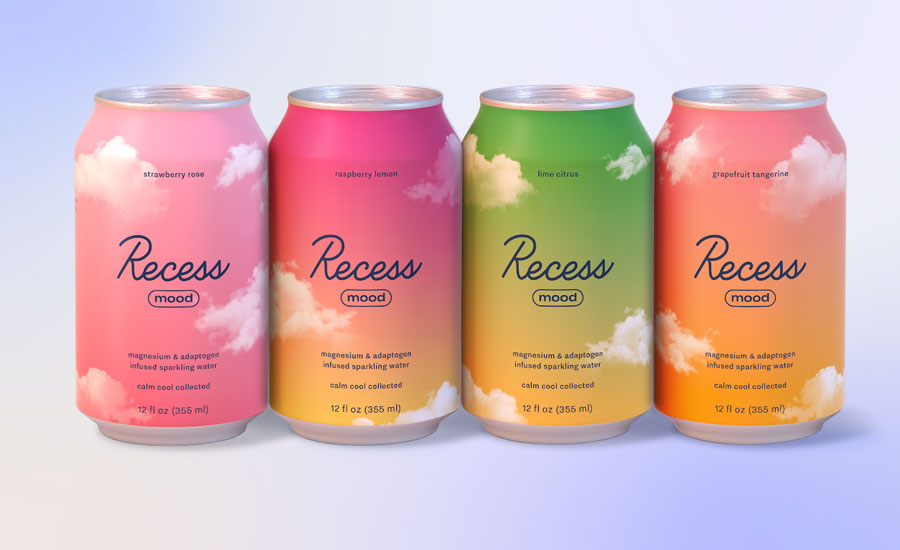
Image courtesy of Recess
“AIDP’s proprietary microencapsulation process, eVantec, offers stability for many fat-soluble vitamins, which are generally unstable, as well as solubility,” she explains. “Our TastiMin line provides tasteless reacted minerals perfect for beverage manufacturers. AIDP offers highly bioavailable products such as Magtein.”
In addition to taste, ADM’s Kidwell points out that shelf life is crucial for beverage developers during the formulation process.
“Over time, added vitamins and minerals have the potential to degrade due to exposure to heat, light, oxygen and water,” she says. “Stability and solubility can also present challenges for some botanical ingredients.
“We help developers by utilizing emulsions and dispersions for oil-soluble ingredients to ensure even distribution throughout a drink,” she continues. “Moreover, by using our deep knowledge in ingredient interaction and our portfolio of hydrocolloids and texturants, we can help prevent destabilization in finished beverage applications.”
Glen Taylor, senior manager of research and development (R&D) at Glanbia Nutritionals, notes that as many beverages include nutrients, some formulation challenges can be addressed by encapsulation.
“Encapsulations protect vitamins from negative interactions with other nutrients, such as minerals, and protect nutrients to some degree (depending on [the] encapsulant) during the heating process,” he explains. “Specific water-soluble encapsulations can be designed for slow or staged release via bi-layered encapsulants or insoluble encapsulations designed to completely melt during heating to allow complete solubility after cooling.
“Glanbia offers systems that include encapsulated nutrients also containing masking flavors,” Taylor continues. “Some minerals interact to actively destroy vitamins over time. Encapsulating either the minerals or vitamins or both can minimize or prevent these negative interactions to help protect and maximize shelf life.”
Health supporting benefits for all
Although some demographics are more at risk of vitamin and mineral deficiencies, experts note that demographics of all ages benefit from improved health.
“However, it’s absolutely true that certain beverage formats will offer greater appeal to certain generations,” Kerry’s Quilter says. “For example, nearly half of consumers between the ages of 18 and 25 drink sports nutrition beverages, with one in five saying they always use them before, during or after exercise. Meanwhile, nearly 40% of millennials say seeing positive research on a healthy lifestyle product would encourage them to buy it, while 51% say they do their own research into products and their ingredients.”
ADM’s Greenhill notes that as health-conscious consumers are moving toward conscientious consumption by scrutinizing their beverage purchases, many are looking for clean labels.
“Our research shows that many consumers say that simple, recognizable ingredients impact their purchasing decisions. On top of that, consumer preference for ingredients derived from natural sources is influencing the functional beverage category,” he says. “Along with vitamins and minerals that may come from botanicals, other fruits, vegetables and plant proteins that consumers may perceive as being ‘closer-to-nature’ are capturing shoppers’ attention.”
In terms of specific health areas, “beverages with immune support have been ‘unsurprisingly’ popular with consumers in the wake of the pandemic,” Kerry’s Quilter adds.
“It can make sense to pair vitamins and minerals with other on-trend immune health ingredients, such as Wellmune, Kerry’s proprietary baker’s yeast beta glucan immune health ingredient,” he says. Categories where it can add immune support benefits include juices, smoothies, energy drinks, enhanced waters and dairy drinks.
“Other trending health need states include cognitive health — a need state where beverages offer a perfect way to provide functionality,” Quilter continues. “Meanwhile, 40% of consumers globally say nutritional beverages are a top format for joint health benefits. This obviously points to continued demand for minerals like calcium, as well as omega-3 ingredients like Eupoly-3, and on-trend ayurvedic products like [Kerry’s] AyuFlex.”
Moreover, as more consumers want convenient solutions that fit their lifestyles, adding vitamins and minerals to a beverage adds functionality and value, AIDP’s Aponte notes.
“Requests for plant-based products have increased, as well as the increased interest in minerals,” she says. “The minerals that have seen increases in sales, especially during the past two years, are those important for immune function.
“In particular, the demand for zinc, copper and selenium have increased,” Aponte continues. “Additionally, there is an increasing awareness from both health care practitioners and the lay public that magnesium is needed to activate vitamin D and plays an important role in immune function. AIDP offers elevated forms of Magnesium in the form of Magtein (magnesium l-threonate) and an organic vegan version of vitamin D in VegD3. Our VegD3 is a pure plant-based Vitamin D3 replacement for the animal sourced D3.”
Further, as vitamins and minerals can allow humans to thrive, ADM’s Greenhill notes that by adding clean ingredients, beverage brands not only can deliver on drinks that support individual well-being, but also that of the planet.
“Incorporating familiar plant proteins and wholesome ingredients, such as pea protein, ancient grains, beans, nuts and seeds, into smoothies, shakes, dairy-based and plant-based yogurt drinks, among other functional beverages, is appealing to consumers seeking out both wellness attributes like protein fortification, as well as clean labels,” he says. “Beverage brands that practice greater transparency of where vitamins, minerals and other functional ingredients are sourced will entice new and returning consumers.”
Looking for a reprint of this article?
From high-res PDFs to custom plaques, order your copy today!




